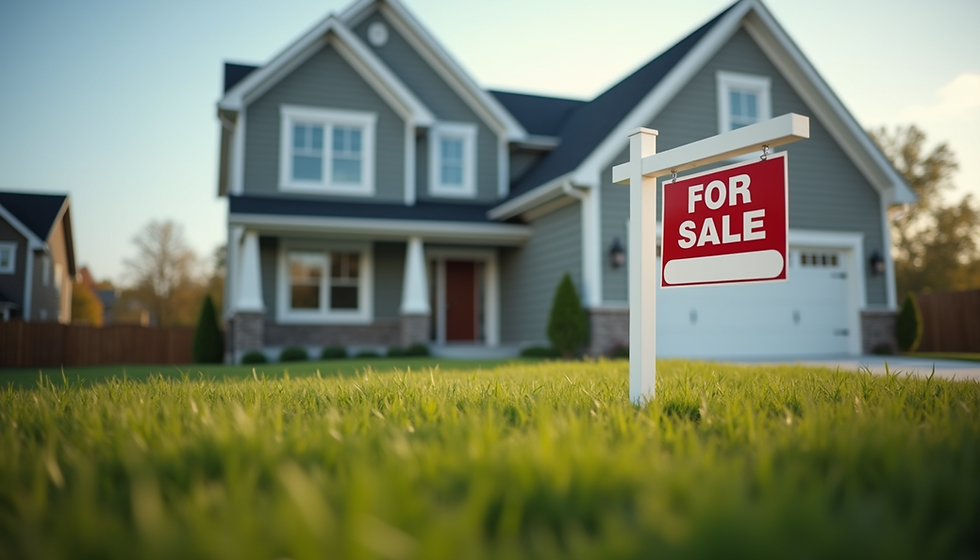Do You Really Need 20 Percent Down to Buy a House?
- rayloveshomes

- Oct 19, 2021
- 2 min read
Updated: Jan 6, 2023
Purchasing a home is a big investment, so it should be no surprise that saving for a down payment is an important aspect of buying a home and is something that many buyers struggle with. Although 20 percent is considered the ideal amount for a down payment, it is not necessary in order to buy a home. In fact, less than half of buyers put 20 percent down, so if you can’t put that amount down on a home, you are not alone.
What is a Down Payment?
The down payment on a home is the amount of money you put down in order to purchase a home and is combined with a home loan to fulfill the total price of a home. Your credit history, down payment amount, annual income and monthly expenses will all affect how much you qualify to borrow.
Nerd Wallet's affordability calculator can help you determine how much you can afford based on your down payment, yearly income, credit score and monthly expenses.
Why 20 Percent Down is Ideal for a Down Payment
There are many benefits that come with putting 20 percent down on a home. The larger amount down means that you can avoid paying private mortgage insurance and it can help you achieve a lower interest rate and you can earn equity faster, resulting in a smaller monthly mortgage payment. If it is a seller’s market, a larger down payment will also help you present yourself in a better light to sellers if there are multiple offers on the house.
Options for Down Payments Less Than 20 Percent
Achieving a loan with a zero percent down payment is tough, but there are programs available that offer low down payments. One of the most popular low-down payment loans is an FHA Loan, or a Federal Housing Administration Loan. This type of loan allows for a 3.5 percent down payment, although you will have to pay mortgage insurance premiums to protect the lender if you end up defaulting on the loan.
Fannie Mae also offers loans: Conventional 97 and HomeReady mortgage loans. Both allow for a minimum down payment of only 3 percent. HomeReady mortgage loans are ideal for creditworthy, low-to moderate-income borrowers with expanded eligibility for financing homes in designated low-income, minority and disaster-impacted neighborhoods. The Conventional 97 mortgage helps creditworthy home buyers who would qualify for a traditional mortgage loan, but don’t have the money for a large down payment.
Other than Fannie Mae, FHA, VA and USDA loans, there are also state and local assistance programs that can help buyers achieve a low-down payment.
Let me help you determine which mortgage broker might be the best fit for you! I can help guide you in the right direction and help you find your perfect home.







Comments